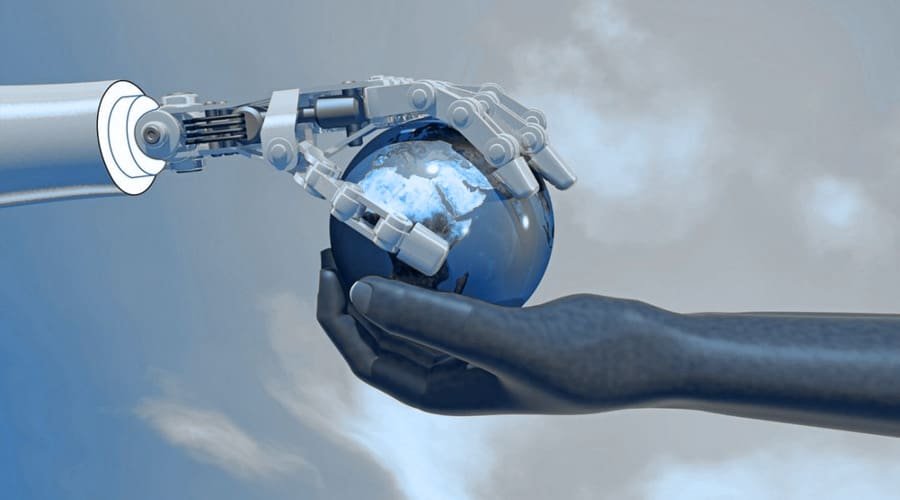Source – https://www.analyticsinsight.net/
Wikipedia employs AI to learn more about the issue it’s facing and consider possible solutions.
Wikipedia is a free online encyclopedia with open information that was built by a community of people known as Wikipedians. Anyone who has registered on the site can submit an article for publication; however, editing articles does not require registration. The name of the website is derived from the wiki, a server program that allows anyone to modify website content using their browser.
It has come to light that Wikipedia has decided to employ artificial intelligence to learn more about the issue it’s facing and consider possible solutions.
Here are some of the ways Wikipedia uses Artificial Intelligence:
1/ Wikipedia is an open-source online encyclopedia that anybody may contribute to. The non-profit website forever revolutionized the way we obtain information by crowdsourcing the building of an encyclopedia. It’s one of the top 10 most-visited websites on the web. However, it is not without problems. Anyone with the ability to edit Wikipedia can inadvertently add false information.
Computer scientist Aaron Halfaker describes how Wikipedia recently began implementing an AI system he designed to detect vandalism and bogus edits on articles using machine learning – it can identify common patterns in vandalous edits, such as a tendency for improper character spacing, according to a report for Wired.
On the one hand, this means less work for volunteers who monitor for suspicious changes, but Wikipedia expects the change will attract a flood of new editors.
It’s all about lowering the entry hurdle. Because Wikipedia relies on crowdsourcing for its content, it must establish rigorous guidelines for who can make modifications to key documents in order to prevent vandalism. On the other hand, it discourages many people who have excellent intentions and sound information.
Hopefully, more people will be devoted to authentic content by having smarter AI identification of flawed items and modifications. When the policing machines are clever enough, Wikipedia’s regulations for newbies could be relaxed a little. Some will, however, be concerned about whether machines will ever become intelligent enough to replace a major number of human editors.
2/ To combat the trolls, the Wikimedia Foundation teamed up with Jigsaw (the tech incubator previously known as Google Ideas) on a research project called Detox, which uses machine learning to identify comments that may be personal assaults. This project is part of Jigsaw’s open-source AI mission to tackle abuse on social media sites and web forums.
3/ According to Forbes, a Google Brain team trained software on how to summarize information from online pages and generate Wikipedia-style articles. Text summary turns out to be more challenging than most of us imagined. The efforts of Google Brain to get a machine to summarize text are slightly better than past attempts, but there is still work to be done before a machine can write with the cadence and flair that humans can. It turns out that we aren’t quite ready to have a machine generate Wikipedia entries automatically, but work is continuing to get us there.
